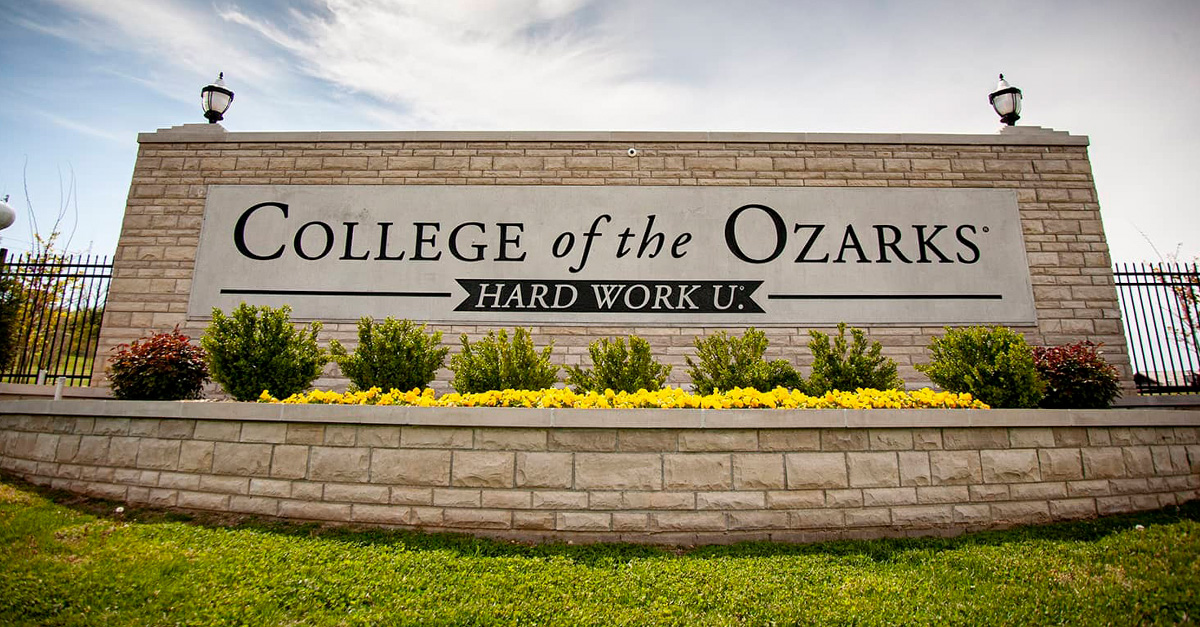


Get a free copy of Parental Rights & Education when you subscribe to our newsletter!

“If you know what is happening in your state, you no longer have an excuse not to use your vote, your voice, and your time and financial resources to elect legislators who will enact policies that protect children…Lives are literally at stake.”
Thanks to a split government, the Virginia General Assembly has been unable to push forward any changes in the state’s abortion laws as the pro-life House of Delegates and the pro-abortion Senate have halted movement on all attempts by the other chamber, leaving voters with a clear choice: abortion with restrictions or unfettered abortion up until the moment of birth.
In Virginia, abortion is permitted for any reason up to 26 weeks into a pregnancy, but the current law allows for an abortion after 26 weeks if three physicians say that having the baby would result in the woman’s death or would impair her physical or mental health. Over the last two sessions, neither pro-lifers nor pro-aborts have been able to advance their attempts to alter the law due to their stark policy differences.
Gov. Glenn Youngkin, R, pushed for limiting abortion to 15 weeks into pregnancy, with exceptions for rape, incest, or when the life of the mother is in danger. House Bill 2278 would have made those changes, but Del. Rob Bell, R-Charlottesville, chair of the House Courts of Justice Committee, decided not to take up the bill due to its inability to pass in the Senate. Last year, Bell did not take up legislation that would have limited abortion to 20 weeks’ gestation.
In the state Senate, Democrats, who hold a four-seat majority, blocked three Republican-led bills to pass restrictions on abortion. In addition to Youngkin’s 15-week ban, the Senate Education and Health Committee barred a bill preventing abortion except to save the mother’s life or up to 20 weeks gestation’ in the case of rape or incest and also a bill that would have limited abortion to the point of viability, which was defined as 24 weeks with exceptions for rape and incest or for the life of the mother.
Pro-life legislators also voted down pro-abortion proposals to expand abortion. House Del. Charniele Herring, D-Alexandria, proposed a constitutional amendment that would have enshrined abortion as a constitutional right. An identical amendment was introduced and passed in the Senate. The proposed amendment stated in part:
“That every individual has the fundamental right to reproductive freedom. This right to make and effectuate one’s own decisions about all matters related to one’s pregnancy shall not be denied, burdened, or infringed upon, unless justified by a compelling state interest and achieved by the least restrictive means that do not infringe an individual’s autonomous decision-making. A state interest is compelling only when it is to ensure the protection of the health of an individual seeking care, consistent with accepted clinical standards of practice and evidence-based medicine. The Commonwealth shall not discriminate in the protection or enforcement of this fundamental right.
That, except when justified by a compelling state interest, the Commonwealth shall not penalize, prosecute, or otherwise take adverse action against an individual on the basis of an actual, potential, perceived, or alleged outcome of such individual’s pregnancy, nor shall the Commonwealth penalize, prosecute, or otherwise take adverse action against an individual who aids or assists another individual, with such individual’s voluntary consent, in the exercise of such individual’s right to reproductive freedom.”
Opponents of the amendment said that it would remove any and all restrictions on abortion, allowing for abortion up to the moment of birth, as well as partial-birth abortion. Those in favor of the amendment claimed it would not expand abortion, only keep legislators from removing the right to an abortion.
Sen. Jennifer McClellan, D, one of two state senators who proposed the amendment in the Virginia Senate, said, “As someone who nearly died at childbirth, and now sees that my daughter, when she reaches childbearing years, may not have the same rights I had in our federal constitution, I am determined that she will have those rights in our state constitution.”
Del. Marcus Simon, D-Fairfax, proposed a rule change in order to force a vote on the constitutional amendment, stating:
“Voters need to know where we stand on this issue because we have elections coming up in November. They deserve to see us vote, see how we vote, see what we think on this issue. We need to have this vote so they can see and they can make up their minds for themselves when November comes.”
Simon’s proposed rule change was voted down by the House.
All Virginia General Assembly seats are open for election in November, meaning voters will have the ability to help decide the future of the abortion issue in Virginia, especially if pro-lifers gain control of the legislature.

The text of the proposed constitutional amendment shows the stark contrast between pro-abortion and pro-life legislators in Virginia.
The amendment goes even further than granting a constitutional right to an abortion. It makes it so that the only compelling state interest involved in a pregnancy is the health of the pregnant woman. This means that the state would be unable to pass any law reining in abortion designed to protect the interests of the baby.
The amendment’s language, which grants full autonomy to the woman regarding anything related to her pregnancy, would almost certainly grant the right to an abortion for any reason up to the moment of birth — but even possibly during birth. It also raises the concern of whether any law could be enacted preventing a pregnant woman from doing anything harmful to her child. For example, would she allowed to smoke, drink alcohol, or do drugs while pregnant? Under this amendment, a woman has complete control over her body during pregnancy, and no one can step in to protect the life or future health of the child.
Simon stated that voters needed to know where legislators stand on this issue. Now they know. Those who advocate for abortion want abortion for any reason up to birth, likely even during birth; they will permit nothing less. If voters want to have any restrictions on abortion they must vote for pro-life candidates who support the right of children to be born.
Proverbs 24:11-12 says,
“Deliver those who are being taken away to death,
And those who are staggering to slaughter, Oh hold them back.
If you say, ‘See, we did not know this,’
Does He not consider it who weighs the hearts?
And does He not know it who keeps your soul?
And will He not render to man according to his work?”
If you know what is happening in your state, you no longer have an excuse not to use your vote, your voice, and your time and financial resources to elect legislators who will enact policies that protect children.
If you are a Christian residing in Virginia, you must register to vote, vote for pro-life candidates, and encourage others in your family, your church, and your other spheres of influence to make sure to vote for pro-life candidates. Lives are literally at stake.
Ready to dive deeper into the intersection of faith and policy? Head over to our Theology of Politics series page where we’ve published several long-form pieces that will help Christians navigate where their faith should direct them on political issues.
Christian conservative news and issues that matter. Curated just for you!
